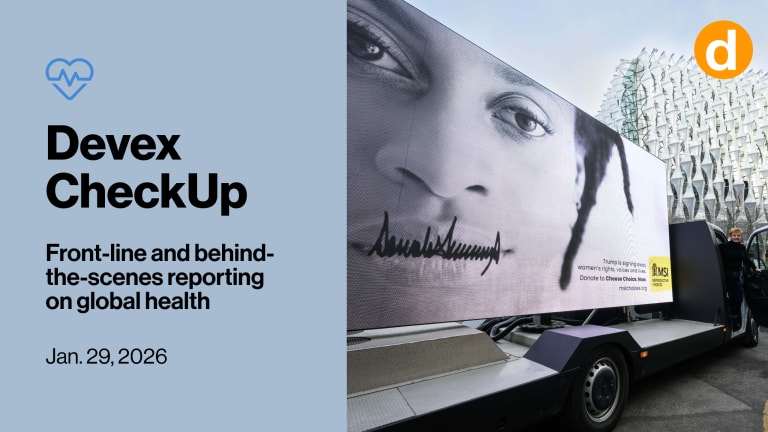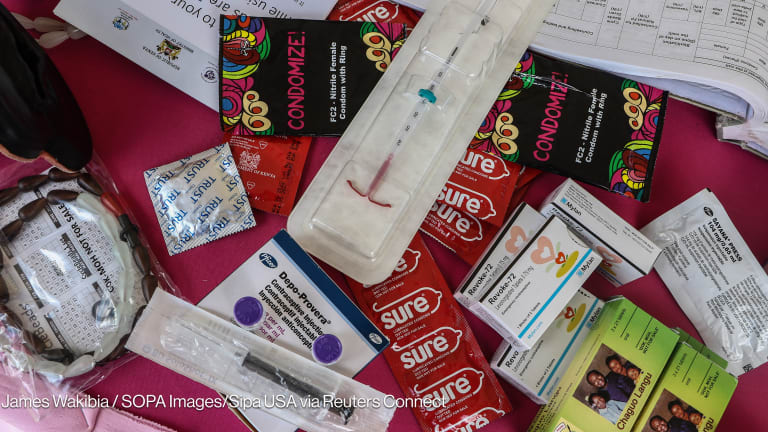NGOs say they are “heartened” by the creation of a Dutch-led fund that aims to replace aid lost for women’s health issues as a result of the U.S. president’s reinstatement of the “global gag rule.” The fund has gained the support of at least nine countries and raised tens of millions of dollars.
But advocates also told Devex there is still a long way to go to make up for the loss of funds triggered by the executive order from the Donald Trump administration, estimated to be at least $600 million and as much as $9.5 billion.
Spokespeople for the Belgian and Danish governments confirmed to Devex that they would be contributing 10 million euros (or 75 million krone) each to the She Decides fund, in addition to the 10 million euros already committed by the Dutch — amounting to around $32 million in total. The fund was announced by the Dutch Minister for Foreign Trade and Development Cooperation Lilianne Ploumen in January as an attempt to replace some of the resources.








